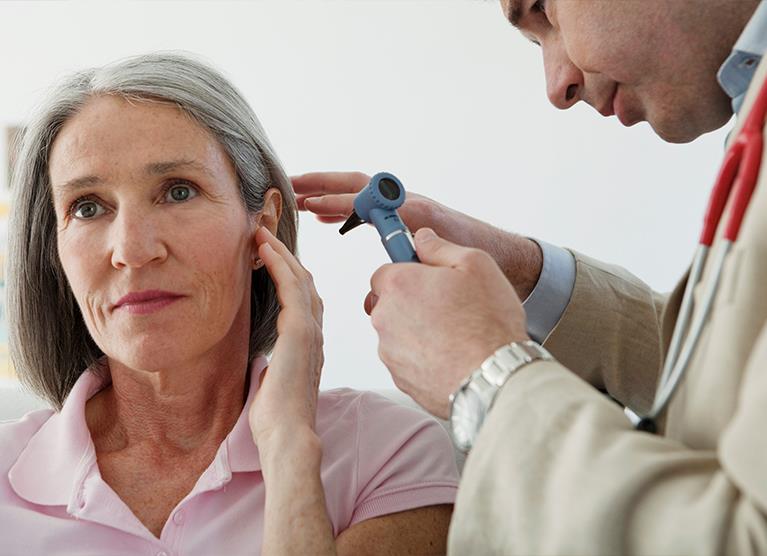Will My Hearing Loss Get Worse?
Discovering in clear, medically precise terms that you have a diagnosable hearing loss can be a displeasing experience.
Statistics show that most people will actually delay doing anything about what they think might be a hearing loss for at least seven years. In our estimation, as hearing professionals, that’s a lot of time that a person (coupled with an experienced hearing care provider) could make a positive impact on their overall hearing health. But we get it. People don’t want to hear what they perceive as being bad news.
As hearing care professionals, not only do we test, diagnose and treat people who have a hearing loss, but we also work with them to understand how this is a new opportunity to lead a life with improved hearing in a capacity they didn’t know was possible.
Will My Hearing Loss Get Worse?
Hearing loss, much like your vision, naturally diminishes with age. Wearing glasses is a very normal part of life for many people and are sometimes worn just as much as fashion accessories as they are a health aid. Hearing technology, on the other hand, is typically sought out much later as hearing loss gets worse.
In fact, according to the National Institute on Deafness and Other Communication Disorders, “Among adults aged 70 and older with hearing loss who could benefit from hearing aids, fewer than one in three (30 percent) has ever used them. Even fewer adults aged 20 to 69 (approximately 16 percent) who could benefit from wearing hearing aids have ever used them.”
What Happens If I Don’t Seek Treatment for My Hearing Loss?
If you do have a diagnosable hearing loss and choose not to seek treatment, from our observations, you will likely strain more in order to hear, which will, in turn, cause fatigue and frustration with your situation and possibly even cause you to isolate yourself from social situations.
Because of the fact that you’re missing certain frequencies in your hearing, you’ll also likely listen to your television or radio too loud, further damaging your hearing in the process. We feel it’s your best choice to seek professional guidance to learn how you can get back to a more normal hearing life.
What Can I Do to Sustain My Hearing Health?
Wear Hearing Protection
This seems like a simple one, but it’s also a critical (and often overlooked) way in which people can help sustain their hearing health in the long term.
If you’re someone who enjoys attending concerts, does yard work like lawn mowing, edging or hedge trimming, works with loud power tools or if you find yourself in loud situations for whatever reason, then wearing protection is a must. Sustained exposure to noises over 85 dB (decibels) can cause permanent damage to your hearing.
There are a wide variety of ready-to-use earplugs on the market, from standard foam plugs to silicone plugs and more. Beltone recommends that if you’re interested in protecting your hearing while still getting a great sound experience, then you should consider investing in custom-molded earplugs. These plugs, professionally molded and fit by professionals, can get you a perfect, comfortable fit because they’re created specifically for your ears and the listening situations where you need to hit your best.
Understand Ototoxic Medications
Ototoxicity refers to medications that have side effects that can be toxic to the ear, specifically, the cochlea, auditory nerve and sometimes the vestibular system — all of which are crucial to your hearing and balance.
There is a wide variety of ototoxic medications, including certain types of antibiotics, diuretics, chemotherapy drugs and others. It’s important when taking any drug to have a distinct understanding of the risks and side effects associated. We understand that some of these drugs are indeed life-savers for your overall health and well-being. We simply recommend that you work closely with your primary care physician, specialist or pharmacist to best understand how these drugs can affect you long-term.
Find a Hearing Care Professional You Trust, and See Them Regularly
You get your teeth cleaned at least twice a year in order to maintain good oral health. You see an optometrist once a year for your eyes. How often are you seeing a hearing care professional for your hearing health? If you’re like most, then it’s not very often — if at all!
The sounds of our lives enrich our experiences, and Beltone is committed to helping folks just like you to reconnect with the sounds and experiences that matter most to them.

Online Hearing Test


